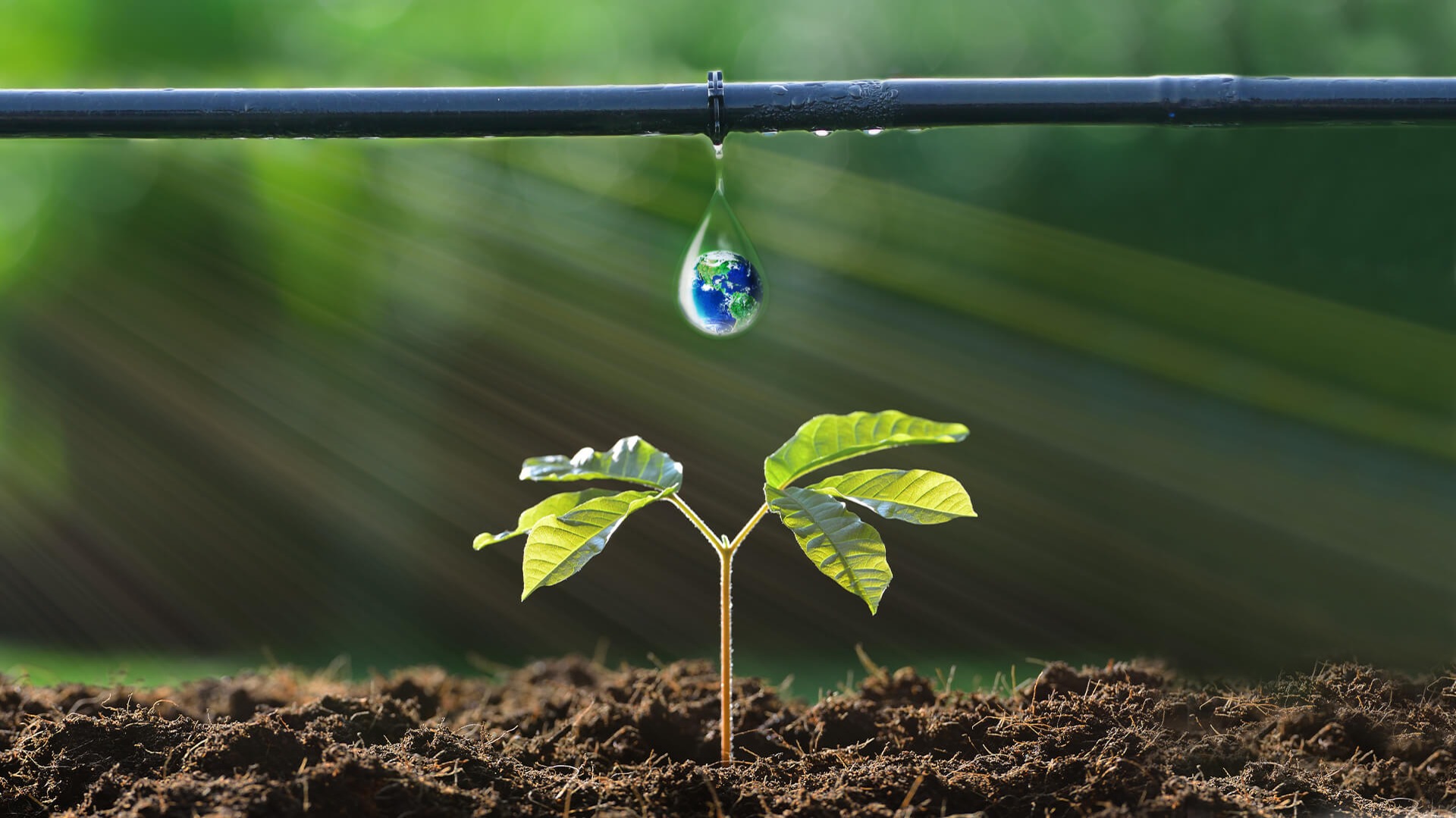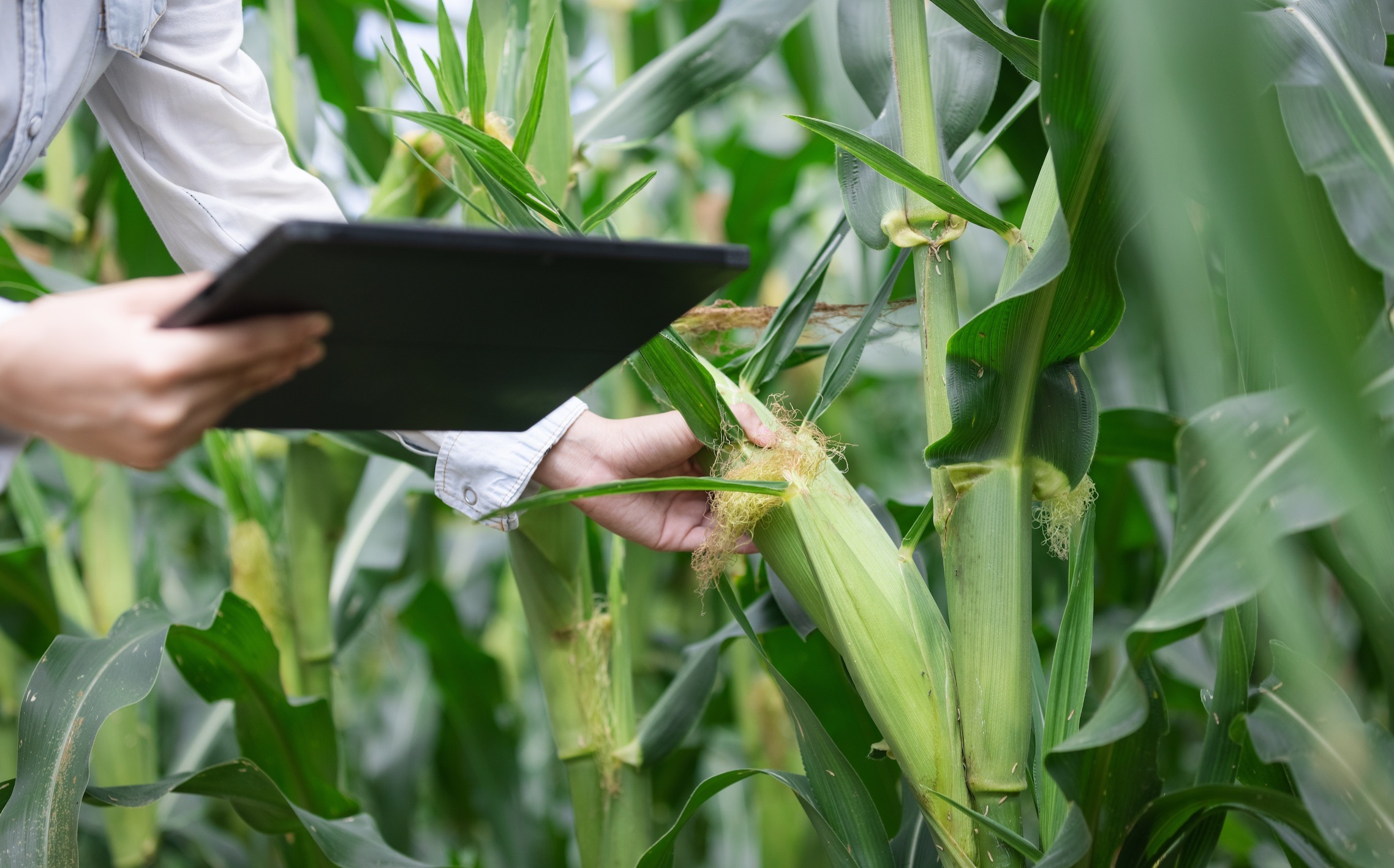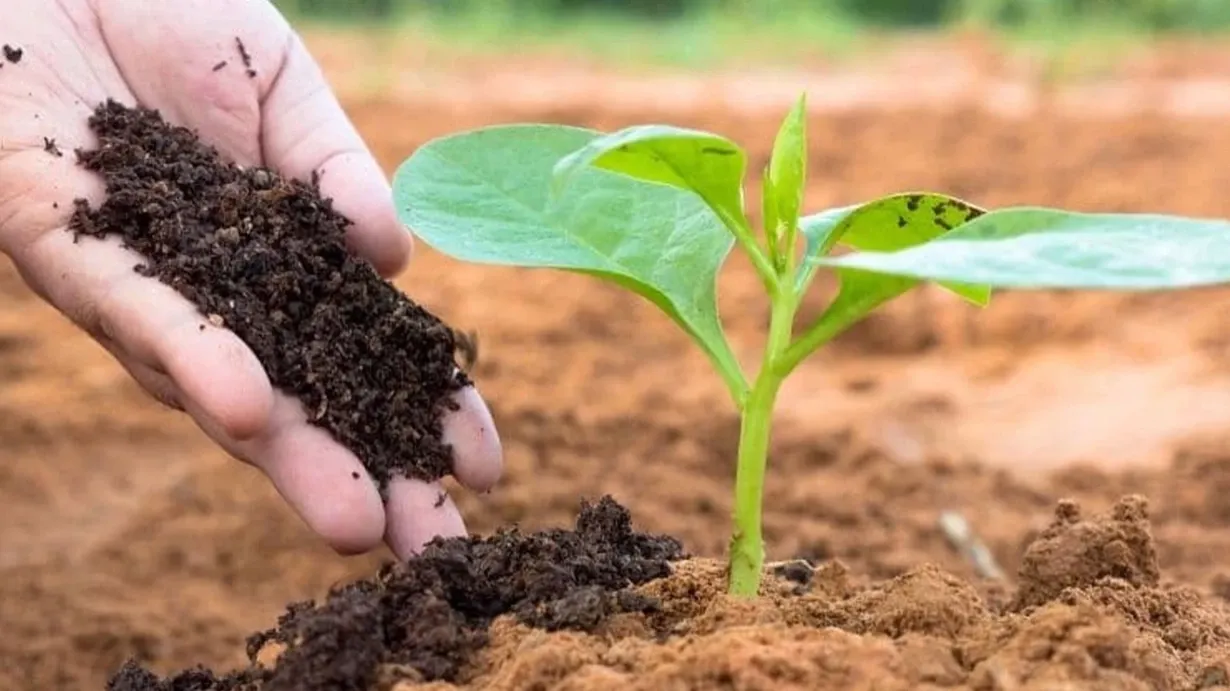We use cookie to improve your experience on our site. By using our site you consent cookies. Learn more
The agriculture sector faces challenges such as population growth, climate change, and dwindling natural resources. To cope with these issues, digital transformation in agriculture is becoming increasingly essential. Smart agriculture technologies offer great potential to improve productivity, optimize resource use, and ensure sustainability.
What is Smart Agriculture?
Smart agriculture refers to the integration of technologies like sensors, artificial intelligence, big data, GPS, drones, and IoT to make farming more precise, efficient, and automated. These tools enable farmers to monitor soil moisture, weather conditions, and crop growth in real-time and act accordingly.
Systems that Improve Efficiency
Smart irrigation systems deliver water only where and when it is needed, saving water and promoting healthy crop growth. Automated fertilization and sensor-based pesticide application help reduce crop losses and maximize yield.
Digital Transformation in Agricultural Machinery
Traditional machinery is being replaced by GPS-guided equipment integrated with drone-based data analytics. This reduces fuel consumption and minimizes human error. With automation, tractors, balers, and harvesters become more intelligent and efficient.
Benefits for Farmers
- Reduced costs
- Increased productivity
- More output with less labor
- Conservation of natural resources
- Reduced environmental impact
The Future of Farming Starts Today
Smart farming technologies are not just for large-scale operations; they offer viable solutions for small and medium-sized farms as well. Digitalization in agriculture is now a necessity for food security and rural development.




